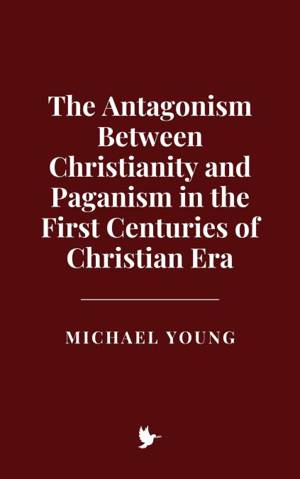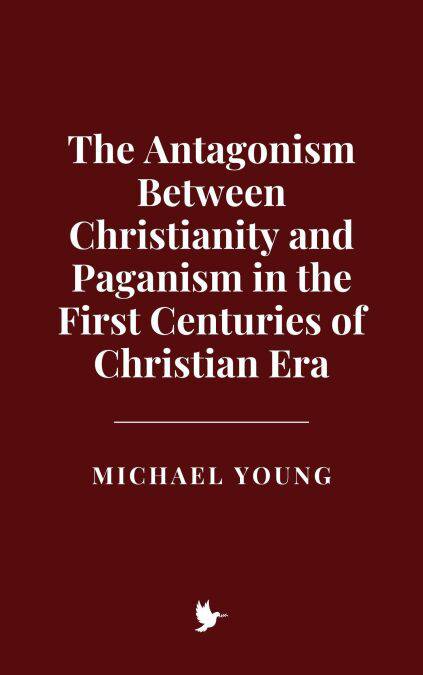
- Afhalen na 1 uur in een winkel met voorraad
- Gratis thuislevering in België vanaf € 30
- Ruim aanbod met 7 miljoen producten
- Afhalen na 1 uur in een winkel met voorraad
- Gratis thuislevering in België vanaf € 30
- Ruim aanbod met 7 miljoen producten
The Antagonism Between Christianity and Paganism in the First Centuries of Christian Era E-BOOK
Michael YoungOmschrijving
This book explores the profound transformation that occurred in the Roman Empire and its successor states as Christianity grew from a marginalized sect to the dominant religious, cultural, and intellectual force that shaped the Western world. Through a detailed historical and intellectual analysis, the book traces the complex relationship between Christianity and paganism, examining how Christian thought gradually supplanted ancient religious practices and philosophies while simultaneously preserving and adapting the intellectual traditions of antiquity.
Beginning with the initial conflicts between early Christians and pagan authorities, the book delves into the gradual integration of Christian doctrine and practices into the social, political, and legal systems of the empire. The rise of Christian apologetics, the role of Christian intellectuals in the preservation of classical knowledge, and the eventual institutionalization of Christian thought through figures such as Augustine of Hippo and Emperor Justinian I are analyzed in depth.
The Christianization of Roman law and the shift from pagan philosophical schools to Christian orthodoxy are explored, highlighting the intellectual and social upheavals that characterized the transition from paganism to Christianity. Through the efforts of monastic communities and Christian scholars, ancient knowledge was preserved and reinterpreted in light of Christian doctrine, setting the stage for the intellectual achievements of the Middle Ages.
This book also examines the transformation of key Roman cultural practices, including the repurposing of pagan temples and symbols, the reshaping of philosophical inquiry, and the reorganization of the legal system to reflect Christian moral and ethical values. The consequences of this intellectual, social, and political shift reverberated throughout medieval Europe, with the Church continuing to shape the development of law, governance, and social justice.
In sum, this work provides a comprehensive examination of the historical, intellectual, and theological forces that facilitated the rise of Christianity and its enduring influence on Western civilization, offering insights into how the Christian worldview gradually reshaped the intellectual and cultural fabric of the ancient and medieval worlds.
Specificaties
Betrokkenen
- Auteur(s):
- Uitgeverij:
Inhoud
- Taal:
- Engels
Eigenschappen
- Productcode (EAN):
- 9798230539834
- Verschijningsdatum:
- 31/01/2025
- Uitvoering:
- E-book
- Formaat:
- ePub

Alleen bij Standaard Boekhandel
Beoordelingen
We publiceren alleen reviews die voldoen aan de voorwaarden voor reviews. Bekijk onze voorwaarden voor reviews.









